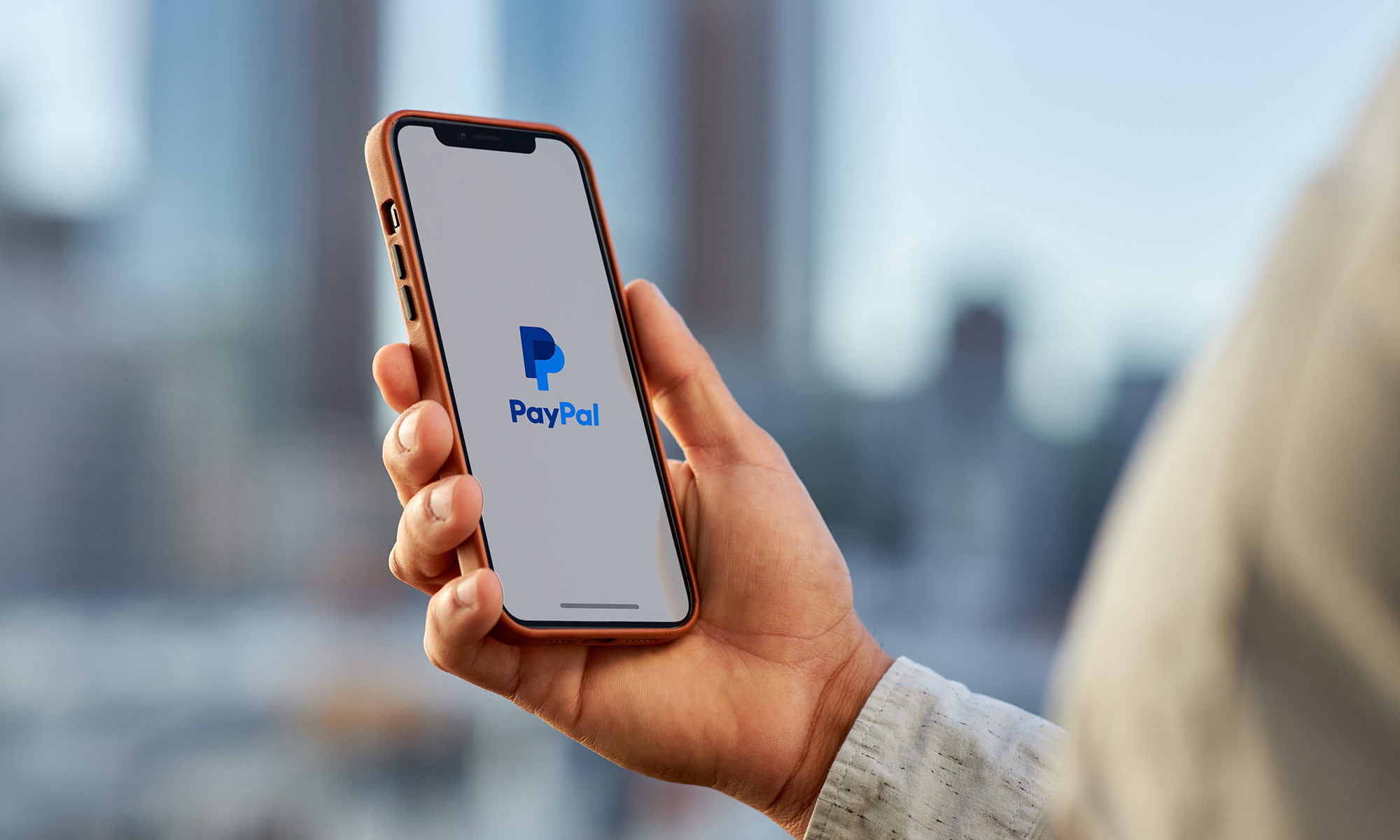Berkshire Hathaway (BRK.A +1.47%)(BRK.B +1.27%) is one of the best performing stocks in U.S. history, and it continues to deliver solid results for long-term investors. In fact, earlier in 2025 it became the first non-technology company to achieve a trillion-dollar valuation.
Although nobody can predict the future, it's likely that Berkshire will have more company in the trillion-dollar club as time goes on. Here are two stocks in particular that I think have excellent chances of being worth even more than Berkshire Hathaway in 10 years.

Image source: Getty Images.
A megabank that still has a bright future
Admittedly, this one isn't too much of a stretch. Currently, Berkshire Hathaway is the 10th largest publicly traded U.S. company and JPMorgan Chase (JPM +2.18%) is No. 11. But there's quite a gap between the two when it comes to market cap. Berkshire is valued at $1.05 trillion, while JPMorgan Chase has a market cap of $811 billion. But I think that over the next decade, Berkshire will deliver annualized returns in the 10% ballpark, and JPMorgan Chase will outperform the conglomerate by a wide enough margin to leapfrog over it on the list.
JPMorgan Chase has a long history of best-in-class asset quality, strong growth, and the best profitability of the "Big Four" banks. In the most recent quarter, the bank's loan portfolio grew 5% year-over-yea and its deposit base grew by 6%, impressive considering loan demand is generally depressed because of the high-rate environment. The bank produced an 18% return on equity, far above the 10% threshold that is widely considered to be the industry standard.
It's also worth mentioning that, for at least the next few years, there could be some positive tailwinds for the entire banking industry. Falling interest rates, which are widely expected, could help drive loan demand higher. Plus, not only is the current administration generally in favor of looser regulation, but the president also campaigned on a 15% corporate tax rate, which would be a big win for banks, which have some of the highest effective tax rates in the market.
Could this be the largest retailer in 10 years?
For Home Depot (HD +0.79%) to pass Berkshire Hathaway on the list of highest market caps, it would require quite a bit of relative outperformance. After all, its market cap is just over $400 billion today. But I believe it's more likely than it might seem, and for a few reasons.
To be sure, Home Depot's recent results haven't exactly been stellar. Comparable store sales growth was just 1% in the latest quarter. But Home Depot's margins remain strong, and there are some major and long-tailed catalysts on the horizon.
For one thing, a big reason Home Depot hasn't been performing well is that homeowners are largely putting off large projects due to a combination of economic uncertainty and high borrowing rates. Homeowners have more equity available in their homes than ever before, but most won't tap into it right now. As interest rates (hopefully) start falling in the near future, this could be a big catalyst. Another potential long-term catalyst is Home Depot's focus on winning professional business (contractors) through both organic growth and acquisitions. So far, this strategy has paid off, but it remains a large market opportunity to pursue.
If Home Depot were to end the next 10-year period with a larger market cap than Berkshire Hathaway, it would likely mean the company would be the largest physical retailer in the United States. And it has a good chance of getting there.
Two great businesses
Of course, there's a lot that can happen over the next decade that could determine which of these companies is the largest at the end. For example, we could be in a deep recession in 10 years, which would likely favor Berkshire Hathaway remaining the largest of the three. However, the point is that both of these companies have excellent track records of delivering strong growth and stock performance, and there are favorable tailwinds that could help them outperform over the next decade. There's no guarantee they will, but whatever happens, these are two excellent businesses that should deliver excellent long-term results.









